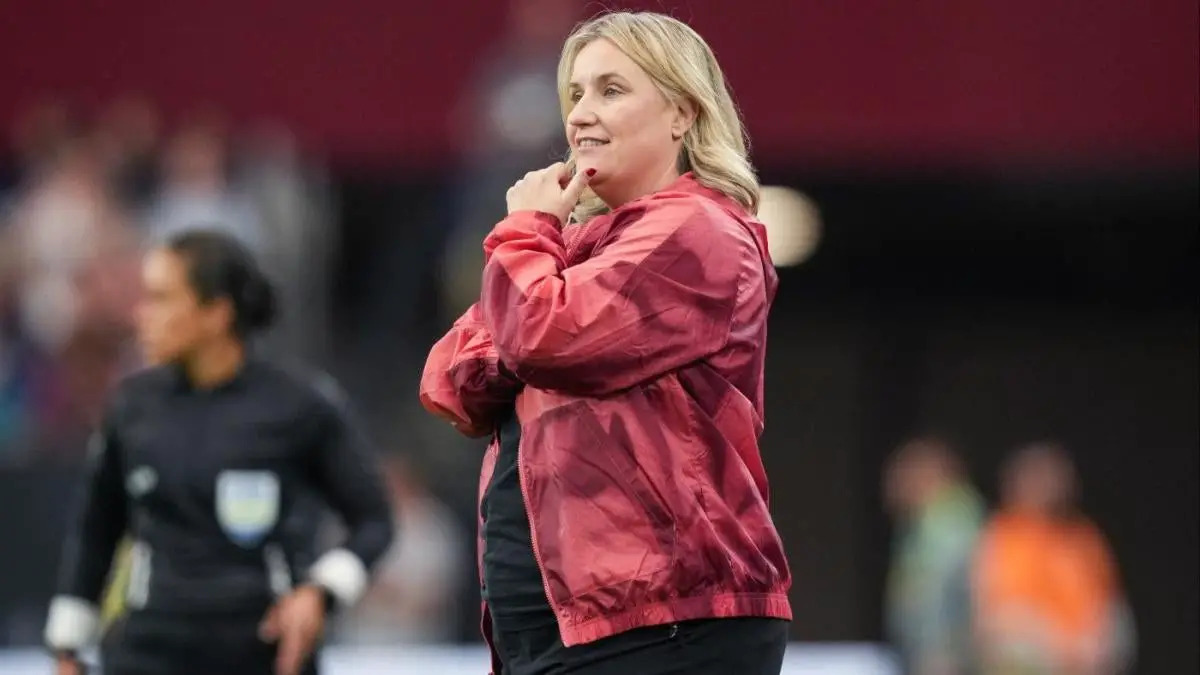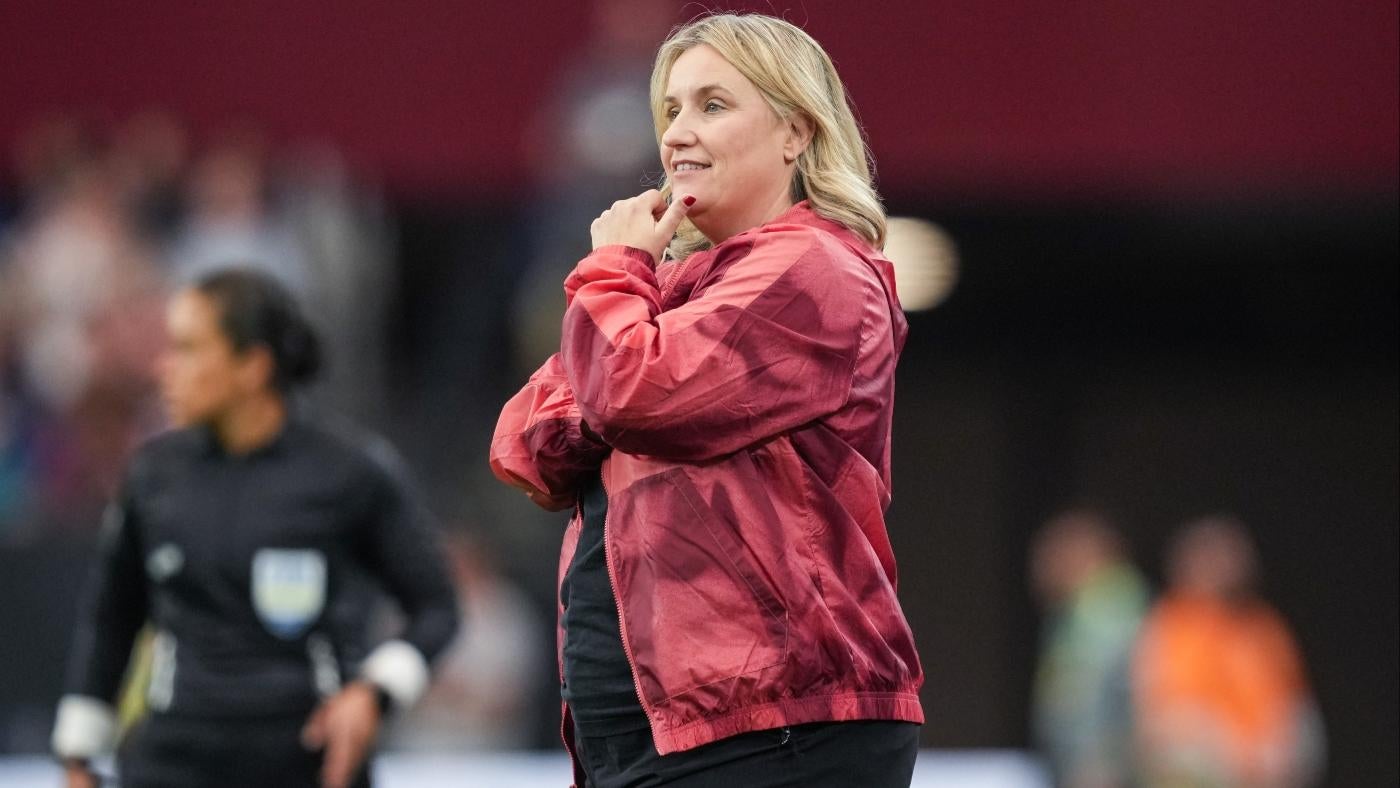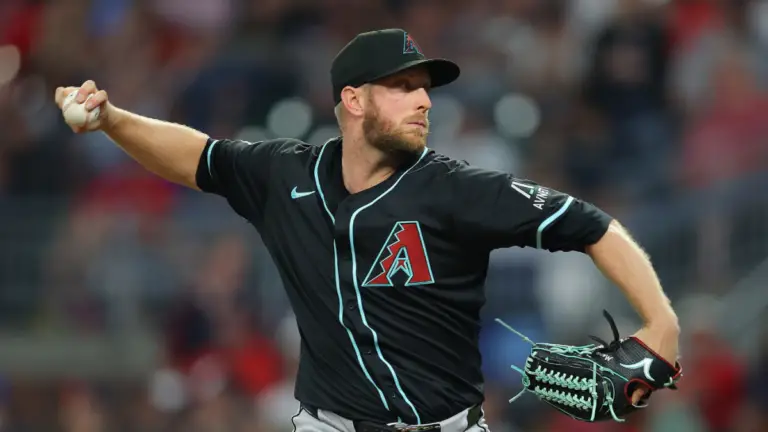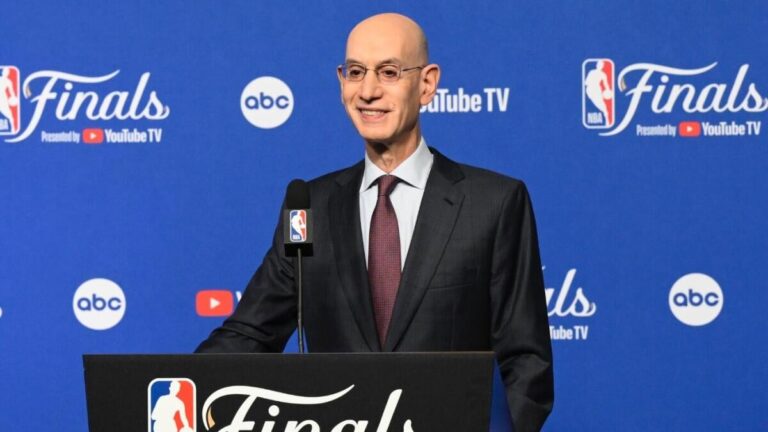

Emma Hayes counts on veterans to bridge experience gap in USWNT’s era of experimentation
Emma Hayes counts on veterans to bridge experience gap in USWNT’s era of experimentation

Head coach Emma Hayes of the American ladies will continue to explore the player’s wider pool in the friendly matches of the team against Brazil next month, but still counts on a handful of veterans to introduce the newcomers to the expectations of playing in the group.
Hayes used the post-Olympics period as an opportunity to expand the player pool and 11 players with 10 or fewer caps and another six with fewer than 30 international performances for the friendly competitions in April. Some of her selection decisions can be attributed to the fact that some major players are not available – for example, defender Naomi Girma has not played since he gets injured this month in her Chelsea debut, while Forward Sophia Wilson is currently in maternity leave. However, Hayes is happy to take advantage of the time period of more than two years between the Paris competitions, where the USWNT won gold, and the World Cup of 2027 in Brazil.
The opportunities will be further extended to U-23 players in April, who will participate in a camp that is currently running with the training of the Senior Team in Dignity Health Sports Park in Carson, California. Prior to the 5 April friendship against Brazil in Sofi Stadium. The setup will look like the January camp of Hayes, in which they held a first Futures camp in addition to a regular session with the senior team.
Hayes, however, commissioned a group of six players to bridge the experience gap during these camps – Captain Lindsey Heaps, Lynn Biyendolo, Sam Coffey, Tierna Davidson, Crystal Dunn and Emily Sonnett. All those players will be in California again in April, minus Biyendolo, who missed the game of the Seattle Reign during the weekend with a injury injury.
“In the last camp we were with about five or six players at the start of the camp to talk about where we are in the journey and talk about [how] whether people see themselves as leaders or not[is] Sometimes largely irrelevant because other people see you as that, so how you support it, “said Hayes during a press conference on Tuesday.” It is important that we are on the road what that looks like, so that they can support it wherever possible, but also focus on their own performance where necessary. “
The group will be entrusted with not only ensuring that the newer players understand the requirements of playing for the four-fold world cup winners, but are at the forefront of unique exercises during the April camp.
“It is almost a little bit of what that shirt has represented to many, many generations and try to indicate that stuff and we actually have a number of really cool sessions that will lead us in the Brazilian game in and around getting them, not only coordinating, but for the leadership and senior players to let some of the most important things be,” said Hayes, said to this program.
The head coach hopes that the players who can translate lessons into their versions on the field, as well as to show the growth after the 2-1 loss of February for Japan in the Shelieves Cup.
“I think that when it comes to this camp, much of the work we are going to do, we sometimes just assume that everyone knows what the requirements or standards are for the American national team player for women, but as I have said, we have a lot of new players, miss a lot of experience. We have to transfer that and we have to convey it in the right way,” Hayes said. “Part of it comes, for me, in the non-consumable and the performance on the field, regardless of the results. There are things that I have even watched in the Japan game and I have something like that:” Do you know what? They are a top team, but there are things in this game, regardless of experience, that we will not negotiate, ‘and I have to reject the players in the camp, but some of the field. “
There seems to be an open dialogue between the younger players and the leadership council of Hayes, the latter of which has already interpreted their role as a source of guidance and at the same time keeping the standard high.
“I really like when the young people come to us and ask a question and don’t feel too nervous or afraid of doing it because I know that feeling,” Dunn said last month during the Shelieves Cup. “The Young Ones have to see how hard it is to be here. We don’t take moment we’re in this Environment Lightly. I think they probable see in training the most that we are so competitive and it’s really hard feel do -to -go -to -to -do -tovonment. Comfortable as Possible, to make them Feel Like They Belong and that they are talented and good enough to be in this Environment and It’s Always a Challenge or making sure’s a level but a bit of uncomfortableness that is going to promote growth and change. “



